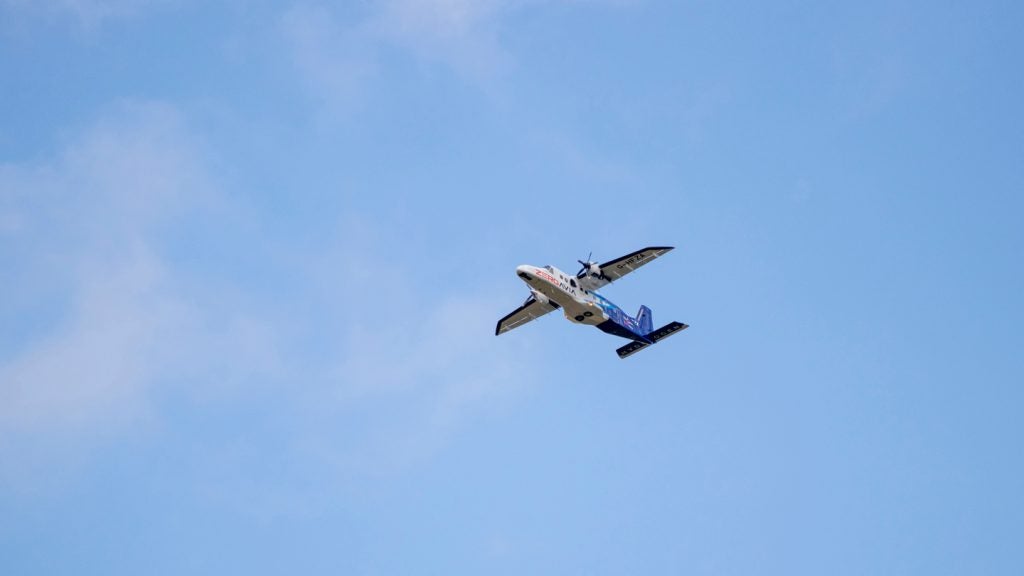Technology firm Thales has partnered with Micro-X for the development of carbon nanotubes (CNT) X-ray systems to revolutionise airport checkpoint technologies.
The technologies will eliminate the need for passengers to queue up, open bags and remove electronic devices and liquids, allowing airports to free a lot of space for commercial use or increase in traffic.
The integration of carbon nanotubes cathodes with backscattering image processing algorithm and artificial intelligence will efficiently identify suspicious items.
Thales and Micro-X will initially partner on the design of miniaturised X-ray sources, which will power both the companies’ future roadmap of innovative X-ray products for medical and security markets.
In the collaboration’s second part, both companies will address global sales and support of Micro-X’s Mobile Backscatter Imager (MBI) to evaluate improvised explosive devices.
Under the collaboration, Thales will cross-sell the MBI product manufactured in Adelaide, Australia.
How well do you really know your competitors?
Access the most comprehensive Company Profiles on the market, powered by GlobalData. Save hours of research. Gain competitive edge.

Thank you!
Your download email will arrive shortly
Not ready to buy yet? Download a free sample
We are confident about the unique quality of our Company Profiles. However, we want you to make the most beneficial decision for your business, so we offer a free sample that you can download by submitting the below form
By GlobalDataThales vice-president of microwave and imaging sub-systems Jean-Jacques Guittard said: “From airport checkpoints to counter-terrorism activities to future medical imaging devices, Thales and Micro-X are on the edge of a historically decisive moment. In addition to these high-tech synergies and as a major player in the digital domain, this partnership will give us a technological leap no one else can offer.”
Airport checkpoint technology is experiencing an immediate challenge, with worldwide passenger numbers on track to double by 2030, according to IATA.
Thales said the evolving requirement for checkpoints is to process far more passengers per hour than the existing industry average of 200 combined with enhanced threat detection.
In June 2019, Thales was awarded a contract to enhance smart operations at Geneva Airport in Switzerland.
Under the contract, Thales will deliver a centralised supervision system designed to gather and analyse operational data and identify any irregularities in real-time.







